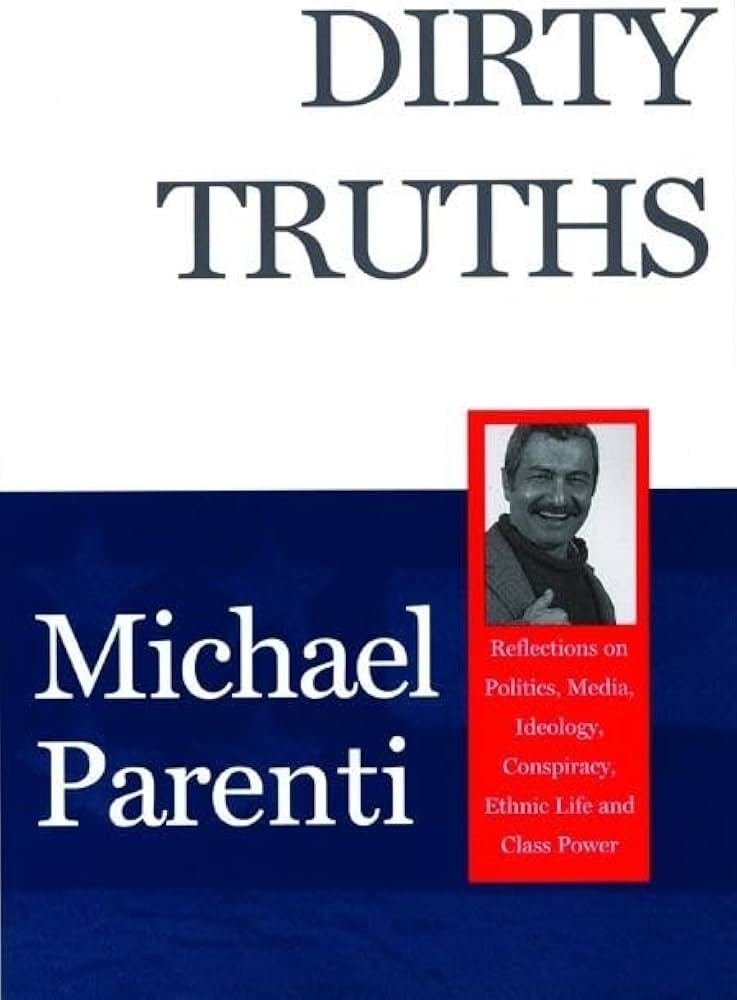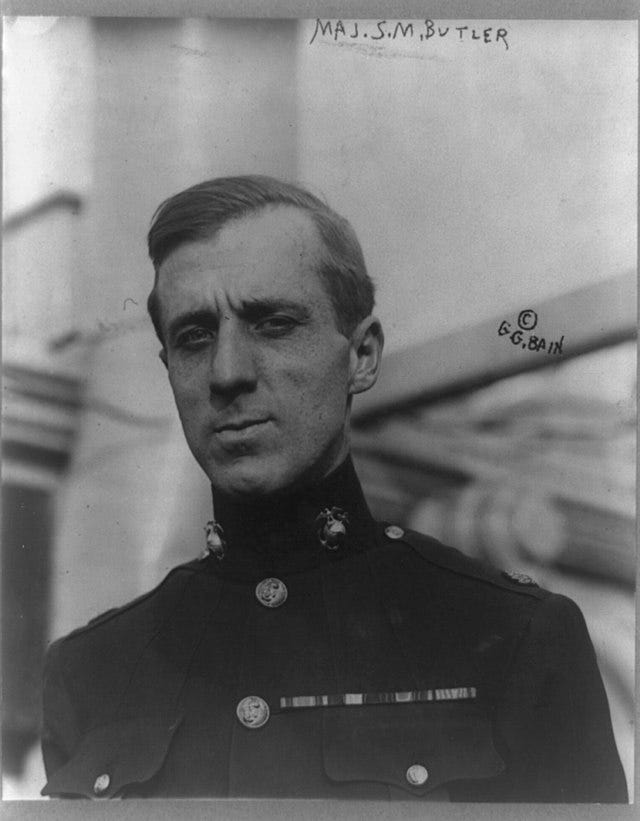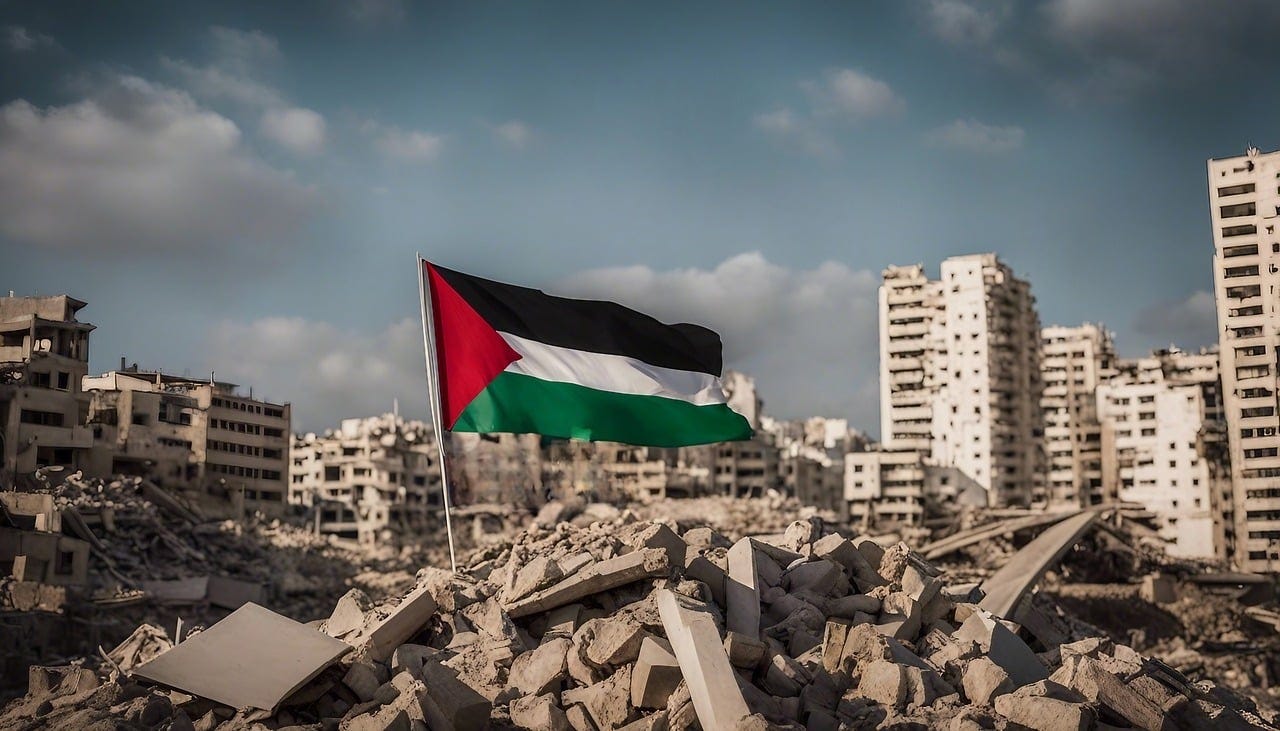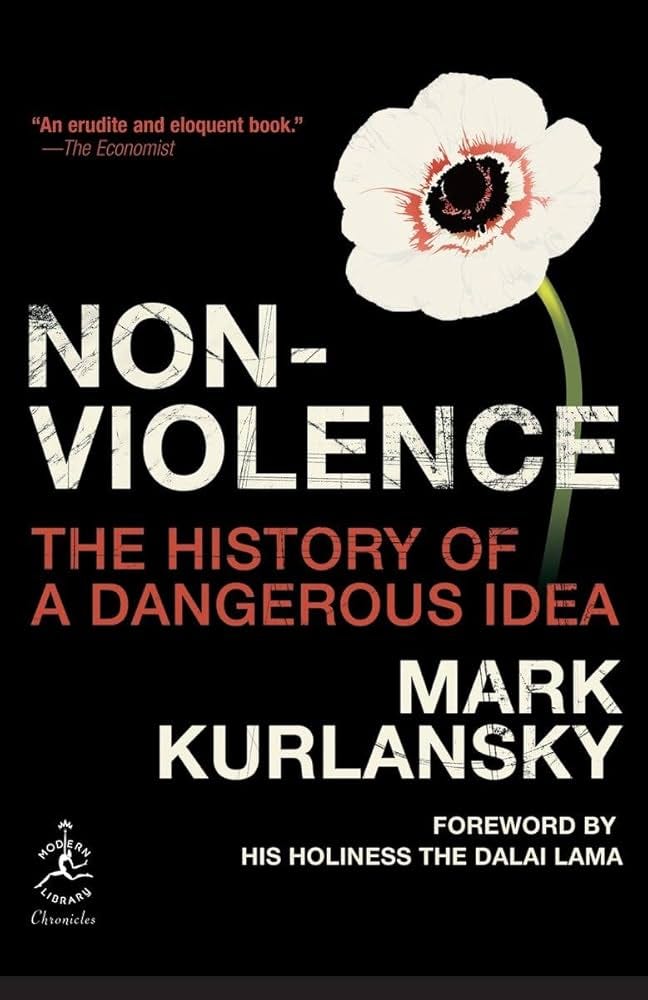According to the American Geographical Society, the United States has 750 military bases in 80 different countries. The U.S. military has 173,000 troops deployed in at least 159 (out of 195 total) countries.
For contrast, how many military bases does Italy (home to 32 US bases) have domestically, here in the United States?
None! Of course. What an absurd idea.
Italian military bases in America? No thanks. We don’t need another country’s army on our land! What’s next, a Chinese base in Arizona?
But to point out the absurdity of foreign military bases on U.S. soil is to expose the absurdity of U.S. military bases in 80 different countries. All over the globe.
Kind of like an empire! Don’t you think?
And what do empires do? Conquer. Rape. Pillage.
But American troops are not necessarily the ones doing the raping and the pillaging, it’s western society’s capitalist enterprises who are really cashing in. Our brave men and women are sacrificed for the glory of share price and dividends.
Once you know this it is possible to see that aggressive military policies are rational. The goal, as Michael Parenti says, is to make the world safe for multinational corporations and their capital accumulation. Of course, the US government cannot ask Americans to sacrifice their sons and daughters for Exxon Mobil or JP Morgan Chase. Instead we are told that military interventions are for freedom or national security or the ever nebulous "US interests."
Have you ever heard of Major General Smedley Butler? He won the Congressional Medal of Honor… the military’s highest honor. Twice. That’s more impressive than an EGOT. So there is no way to question Butler’s patriotism. He proved whatever he had to prove.
The major general wrote a short book … not much more than essay length actually, called War is a Racket. He writes, “War is a racket. It always has been. It is possibly the oldest, easily the most profitable, surely the most vicious.”
Butler goes on to define the term racket, in case you’re like me and probably couldn’t define it if someone put you on the spot,
“A racket is best described, I believe, as something that is not what it seems to the majority of the people. Only a small 'inside' group knows what it is about. It is conducted for the benefit of the very few, at the expense of the very many. Out of war a few people make huge fortunes.”
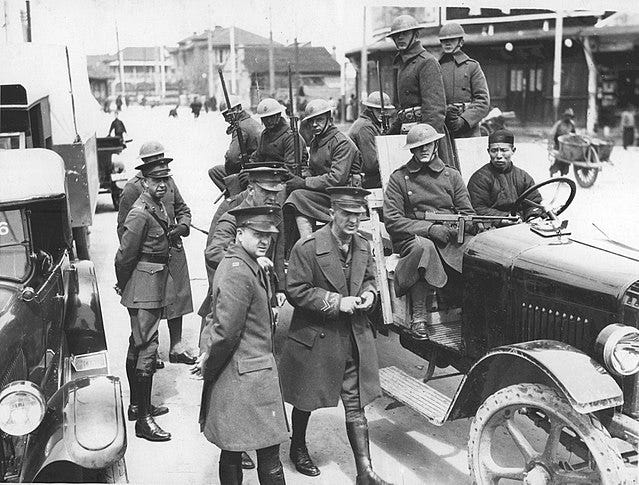
In a 1933 speech, Butler described how, during his service in the Marine Corps he acted as a "gangster" for capitalism:
“I helped make Mexico, especially Tampico, safe for American oil interests in 1914. I helped make Haiti and Cuba a decent place for the National City Bank boys to collect revenues in. I helped in the raping of half a dozen Central American republics for the benefits of Wall Street.”
He went on to describe more jobs as muscle in Nicaragua, Dominican Republic, and China too.
This is why America's war machine exists. Warfare is good for business. Just think. If the U.S. wasn't using deadly force somewhere, American military companies could fail! Not having war is bad for share prices. Peace is bad for business.
An embargo on arms to Israel would mean that American shareholders would lose money! Who do you think is more imporant to the establishment in America? Wealthy American shareholders or Palestinian civilians? To know the answer is to know why so few politicians will lift a finger to stop a genocide.
Running a country for business interests means that sometimes business interests dictate when the country should go to war. Corporations and wealthy interests dictate to our government what it should do. This is what happens when you have a money-driven political system. Money dictates politics. And there is a lot of money in war.
We are told over and over again that spending close to a trillion dollars every year on the military is necessary to "protect" the American people. The American public is told that we don’t have enough money for universal healthcare or free higher education or to feed and house the poor, or even the capacity to take care of our disabled people in anything other than poverty conditions. But the budget for our military is practically endless… because, like Smedley Butler said, the military is performing a valuable service for American and Western business.
You can tell how powerful an interest group is by how much money our government spends on them. Nobody gets more money than the military. And while the US military has been sent into one nation after another to violently stamp out even the slightest hint of socialism... the military itself operates as a massive socialist enterprise. Raytheon, General Dynamics, Boeing, great fat welfare queens squeezing every last billion they can out of our system. Kept alive by the most generous government charity on earth - the Pentagon.
In the 15th century there was a writer named Petr Chelčický (pronounced hell-chit-skee), a pioneer in nonviolent action. Even though he lived hundreds of years before Karl Marx he said that the rich amass their wealth by exploiting the labor of the many. He was able to see that classic pyramid structure in action even back then. He also said that war was a conspiracy where the poor are tricked into fighting to protect the privileges of the rich.* Kind of makes you think. Kind of makes you think war is a racket.
Let’s make them pay.
*I am kicking myself for not including this little bit from Petr Chelčický in my video post. He also said that if the poor refused to fight the rich would not have any armies and there would be no war. Something to ponder.




